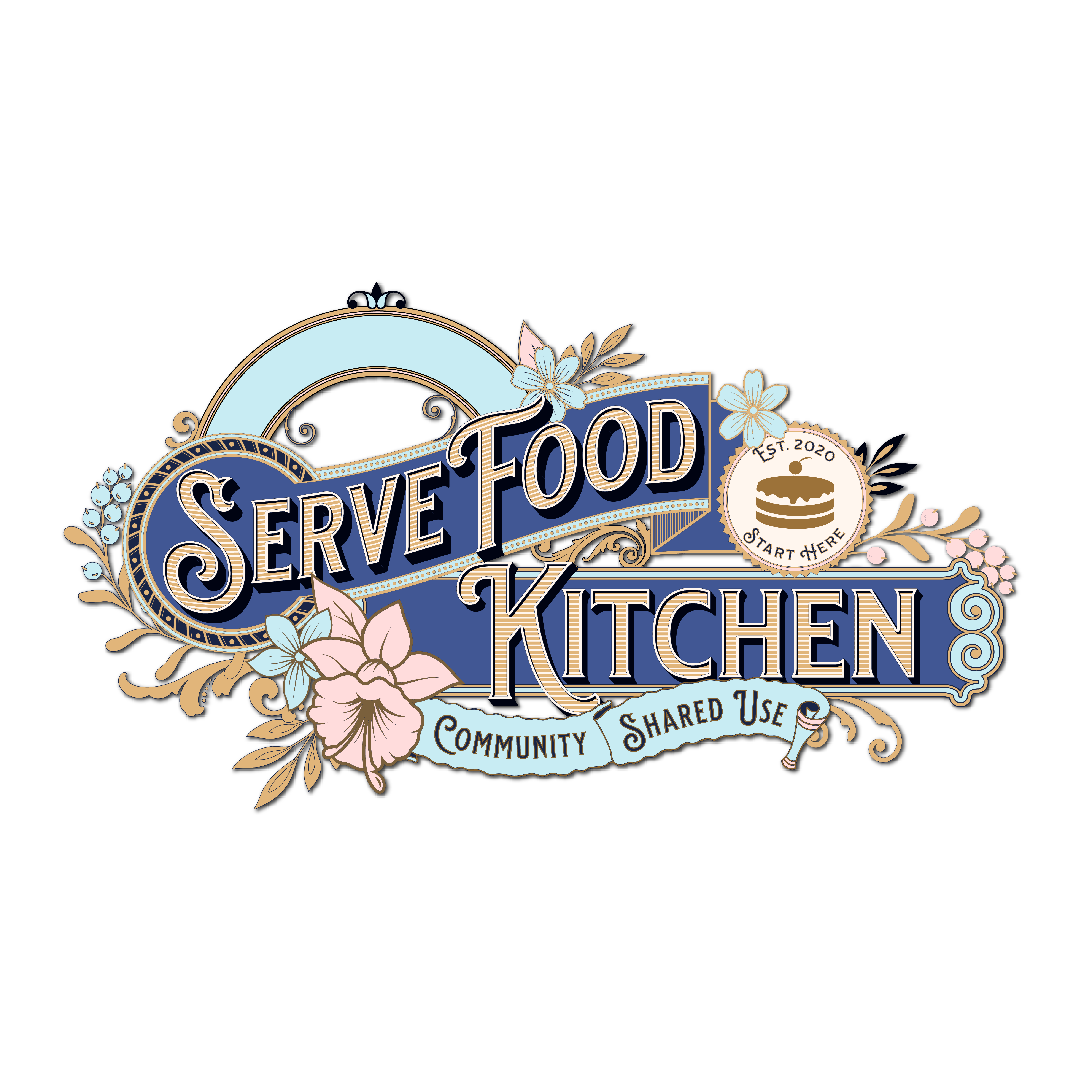
To Make or Not to Make at Home?
Food Safety is for Everyone
Have you ever wondered where your food is made? Is it made in a Residential Kitchen or a Commercial Use Kitchen? Food safety is a top concern and we can help you navigate what can and cannot be made at home for public sale.
- Anyone producing food for sale “direct to the consumer” is considered a Retail Residential Kitchen and is required to have a permit.
- Retail Residential Kitchen may only make “Cottage Food Products.” These are foods that can be safely held at room temperature, including baked goods, jams, and jellies.
- Retail or Wholesale Residential Kitchens may not prepare finished products that require hot or cold holding for safety, including meat or fish that is raw or heat-treated, certain cut produce including melons, leafy greens, and tomatoes.
- Examples of food products that may not be prepared or sold by a Residential Kitchen: cream-filled pastries, cheesecake, custard, cut fruit and vegetables, tomato and barbecue sauce, pickled products, relishes and salad dressings. For a more comprehensive list, see back for details.

COTTAGE OPERATIONS MAY PRODUCE
- Loaf breads, rolls, biscuits
- Cakes including celebration cakes
- Pastries & cookies
- Candies & confections
- Fruit pies
- Jams, jellies & preserves
- Dried fruits
- Dry herbs, seasonings & mixtures
- Cereals, trail mixes & granola
- Coated or uncoated nuts
- Vinegar & flavored vinegars
- Popcorn, popcorn balls, cotton candy
A cottage food operation is not allowed to produce food items which require temperature control for safety. Other food items which present a food safety risk such as acidified foods, low acid canned foods, garlic in oil, and fresh fruit or vegetable juices are not allowed as well.
COTTAGE OPERATIONS MAY NOT PRODUCE
- Fresh or dried meat or meat products including jerky
- Fresh or dried poultry or poultry products
- Canned fruits, vegetables, vegetable butters, salsas etc.
- Fish or shellfish products
- Canned pickled products
- Fish or shellfish products
- Raw seed sprouts
- Bakery goods which require any type of refrigeration such as cream, custard or meringue pies & cakes or pastries with cream cheese icings or fillings
- Tempered and/or molded chocolate or chocolate type products
- Milk & dairy products including hard, soft & cottage cheeses & yogurt
- Cut fresh fruits and/or vegetables
- Food products made from cut fresh fruits or vegetables
- Food products made with cooked vegetable products
- Garlic in oil mixtures
- Juices made from fresh fruits or vegetables
- Ice and/or ice products
- Barbeque sauces, ketchups & or mustards
- Focaccia-style breads with vegetables & or cheeses
Why You Need a Commercial Kitchen
WHY YOU NEED A SHARED USE KITCHEN?
Turn Key Access
We’ve done it all. We have built out the space with you in mind, we have everything you need to succeed. All Utilities are included in your membership.
Economy of Scale
How much can you cook at home? Everything is easier when you do it right. We have the capacity that you can cook massive amounts at one time, saving your time for other things…
Kitchen Equipment
We have a 16’ hood, a 10 burner range, 4 ovens, reach in freezer, walk in cooler, tables, mixers and more.
Food Safety
If you are cooking Potentially Hazardous Foods (PHFs); such as cream-filled pastries, cheesecake, custard and other foods which can support the growth of disease causing bacteria are strictly prohibited [in home kitchens, for resale].
We are all about “Equal Food Access to All!”
Together with Serve Om Inc., www.serveom.com, our Nonprofit Perishable Food Rescue; we built a commercial kitchen and community cooking space. No one’s dreams should falter because they lack access to a kitchen.
